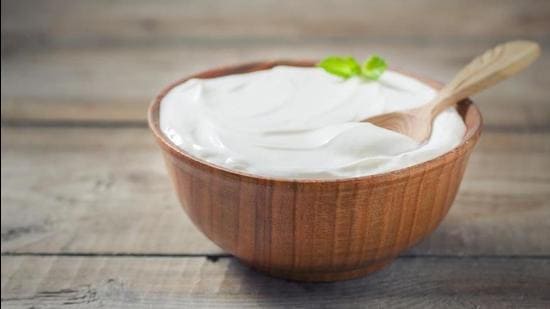In the quest for better mental health, scientists may have uncovered an unexpected ally, our gut microbes. A new research from Duke-NUS Medical School and the National Neuroscience Institute has revealed a surprising connection between gut bacteria and anxiety-related behaviour. The study, published in EMBO Molecular Medicine, suggested that certain microbial metabolites—specifically indoles—play a crucial role in regulating brain activity linked to anxiety. Could the key to emotional well-being lie within our digestive system?

A rising mental health concern
Anxiety disorders are on the rise globally and Singapore is no exception as according to recent studies, one in seven people in the country has experienced a mental health disorder, including anxiety and depression. In 2019, mental health conditions ranked among the top four leading causes of disease burden. While treatments like therapy and medication exist, the search for alternative and complementary solutions is more relevant than ever.
Gut bacteria: The missing piece in anxiety research?
The research team set out to investigate how gut microbes influence anxiety where using preclinical models, they observed that those raised in a germ-free environment—without exposure to beneficial live microbes—exhibited significantly higher levels of anxiety-related behaviour. Further analysis pointed to heightened activity in the basolateral amygdala (BLA), the brain region responsible for processing emotions like fear and stress.

Their findings highlighted the role of specialised proteins in the brain, known as calcium-dependent SK2 channels, which act as a natural “brake system” to prevent neurons from becoming overexcited. When the body lacks exposure to gut microbe metabolites, these SK2 channels fail to regulate brain activity efficiently, leading to heightened anxiety.
Can probiotics help reduce anxiety?
To further explore the impact of gut bacteria, researchers introduced live microbes into the germ-free test subjects. The results were remarkable—their heightened anxiety levels significantly decreased and their emotional responses became similar to those with normal gut bacteria.
This strongly suggested that beneficial microbes play a pivotal role in maintaining mental balance. Taking the study a step further, scientists administered indoles—metabolites naturally produced by certain gut microbes—to the anxious test subjects. The outcome was promising: the previously overstimulated basolateral amygdala calmed down and anxiety-related behaviours were reduced.
The evolutionary connection between the gut and mind
Professor Sven Pettersson, one of the lead researchers, explained that the relationship between gut microbes and brain function may be deeply rooted in evolution. He noted, “At birth, we experience our first major wave of anxiety exposure, signaling that eating is essential for survival.”

He also pointed out that the breast milk contains microbes capable of producing indoles, reinforcing the idea that gut bacteria play a role in regulating stress from the very start of life. Moreover, plants produce indoles as a natural response to stress and malnutrition.
The study suggested that a similar mechanism may be at play in mammals, where different levels of circulating microbial indoles could influence how we respond to stress and anxiety.
A new era in mental health treatment?
The findings open up exciting possibilities for gut-based therapies targeting anxiety. By restoring the composition of beneficial gut bacteria—whether through dietary changes, probiotic supplements, or indole-rich foods—scientists believe we may be able to naturally reduce anxiety symptoms.
“Our findings underscore the deep evolutionary links between microbes, nutrition, and brain function,” said Professor Patrick Tan, Senior Vice-Dean for Research at Duke-NUS. “This research has huge potential for those suffering from stress-related conditions, such as sleep disorders or individuals unable to tolerate standard psychiatric medications. It’s a reminder that mental health isn’t just in the brain—it’s in the gut too.”
What’s next?
The research team hopes to explore clinical trials to determine whether indole-based probiotics or dietary supplements can be used as a natural anxiety treatment in humans. If successful, this could mark the beginning of a new era in mental health care—one where gut microbes help keep our minds at ease.
So, the next time you are feeling overwhelmed, it might be worth considering what’s on your plate. Could the path to a calmer mind start with nurturing a healthier gut?
Disclaimer: This article is for informational purposes only and not a substitute for professional medical advice. Always seek the advice of your doctor with any questions about a medical condition.









